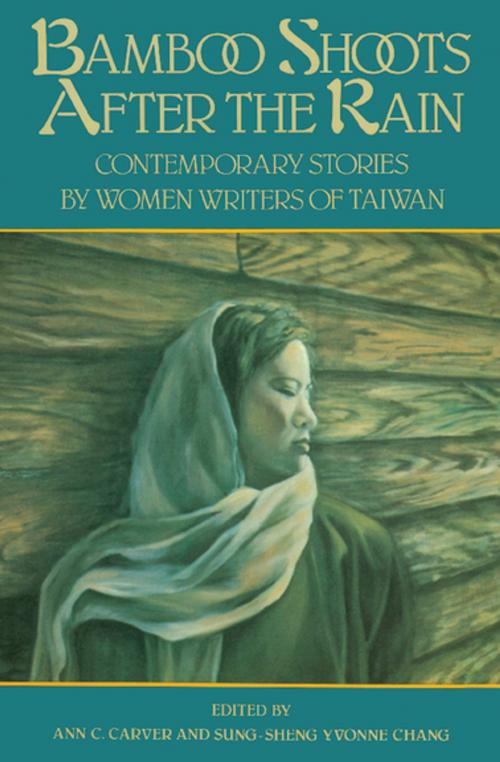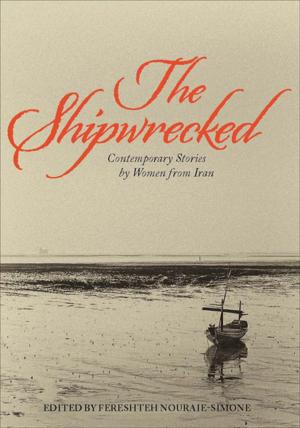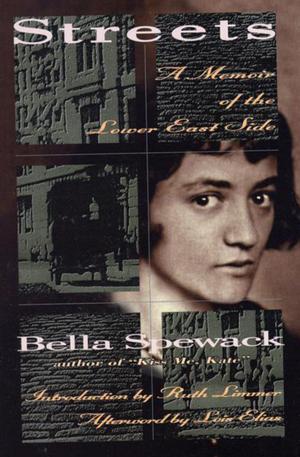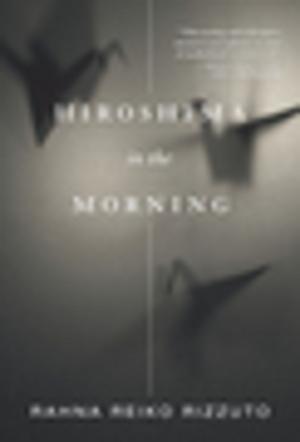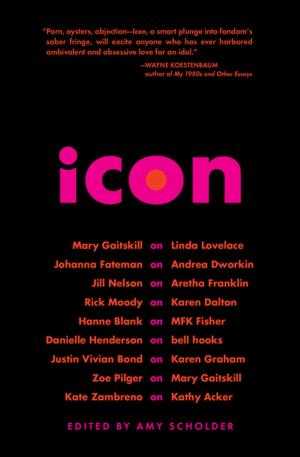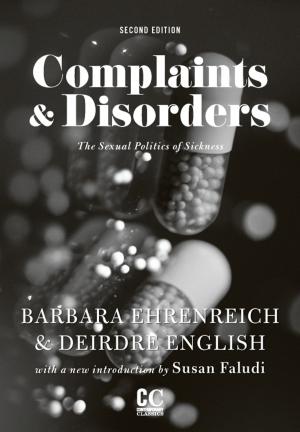Bamboo Shoots After the Rain
Contemporary Stories by Women Writers of Taiwan
Nonfiction, Reference & Language, Education & Teaching, Educational Theory, Multicultural Education, History, Asian, Asia, Social & Cultural Studies, Social Science, Gender Studies, Women&| Author: | ISBN: | 9781558617841 | |
| Publisher: | The Feminist Press at CUNY | Publication: | January 1, 1993 |
| Imprint: | The Feminist Press at CUNY | Language: | English |
| Author: | |
| ISBN: | 9781558617841 |
| Publisher: | The Feminist Press at CUNY |
| Publication: | January 1, 1993 |
| Imprint: | The Feminist Press at CUNY |
| Language: | English |
A short story collection hailed as a “welcome and valuable addition to our growing knowledge about the inner lives and literary talents of Chinese women” (Amy Ling, author of Between Worlds: Women Writers of Chinese Ancestry).
This remarkable anthology introduces the short fiction of fourteen writers, major figures in the literary movements of three generations, who represent a range of class, ethnic, and political perspectives.
It is filled with unexpected gems such as Lin Hai-yin’s story of a woman suffering under the feudal system of Old China, and Chiang Hsiao-yun’s optimistic solutions to problems of the elderly in rapidly changing 1980s Taiwan. And in between, a dozen rich stories of aristocrats, comrades, wives, concubines, children, mothers, sexuality, female initiation, rape, and the tensions between traditional and modern life.
“This is not western feminism with an Asian accent”, says Bloomsbury Review, “but a description of one culture’s reality. . . . The woman protagonists survive both despite and because of their existence in a changing Taiwan.”
A short story collection hailed as a “welcome and valuable addition to our growing knowledge about the inner lives and literary talents of Chinese women” (Amy Ling, author of Between Worlds: Women Writers of Chinese Ancestry).
This remarkable anthology introduces the short fiction of fourteen writers, major figures in the literary movements of three generations, who represent a range of class, ethnic, and political perspectives.
It is filled with unexpected gems such as Lin Hai-yin’s story of a woman suffering under the feudal system of Old China, and Chiang Hsiao-yun’s optimistic solutions to problems of the elderly in rapidly changing 1980s Taiwan. And in between, a dozen rich stories of aristocrats, comrades, wives, concubines, children, mothers, sexuality, female initiation, rape, and the tensions between traditional and modern life.
“This is not western feminism with an Asian accent”, says Bloomsbury Review, “but a description of one culture’s reality. . . . The woman protagonists survive both despite and because of their existence in a changing Taiwan.”
